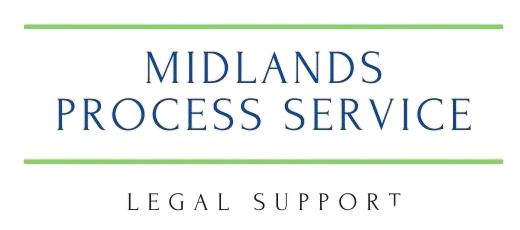Why Process Servers Should Avoid Saying "You've Been Served."
This is a subtitle for your new post

Why Process Servers Should Avoid Saying "You've Been Served"
The phrase "You've been served" may have become synonymous with process serving in popular culture, but its use in real-world scenarios is considered unprofessional and counterproductive. While it might add a dramatic flair in movies, in practice, it can provoke unnecessary conflict and undermine the professionalism expected of a process server.
Perpetuating Negative Stereotypes
Process servers are tasked with delivering critical legal documents, often during challenging circumstances. By using sensational language like "You've been served," servers risk reinforcing negative stereotypes about the profession, portraying it as confrontational rather than a legitimate and essential component of the legal system.
Escalating Tension
Interactions during process serving can already be tense, as the recipient may feel shocked, upset, or angry about receiving legal papers. Using the phrase "You've been served" can aggravate their emotions, leading to potential verbal or even physical altercations. A calm and professional approach can help diffuse tension and maintain control over the situation.
Impact on Reputation
Process servers operate as representatives of the legal process. Adopting professional language and behavior ensures credibility and respect, both from the recipient and other parties involved. Using phrases like "You've been served" diminishes the serious nature of the task and can harm the server's reputation.
Best Practices for Communication
Instead of relying on dramatic or provocative language, process servers should clearly and respectfully explain their purpose. Phrases like "I have legal documents for you" or "This is an official notice" convey professionalism and reduce the likelihood of escalating conflict. Speaking in a calm and neutral tone reinforces the server's credibility and authority.
Conclusion
Process serving is a profession that demands tact, patience, and professionalism. Avoiding phrases like "You've been served" ensures that interactions are handled responsibly and aligns with the high standards expected in the industry. By prioritizing clear communication and professionalism, process servers can maintain their reputation and contribute to the integrity of the legal process.
💼 #ProcessServingTips
🛑 #ProfessionalismMatters
💬 #CommunicationSkills
🔗 #LegalIndustry
✨ #StayCalmStayProfessional



